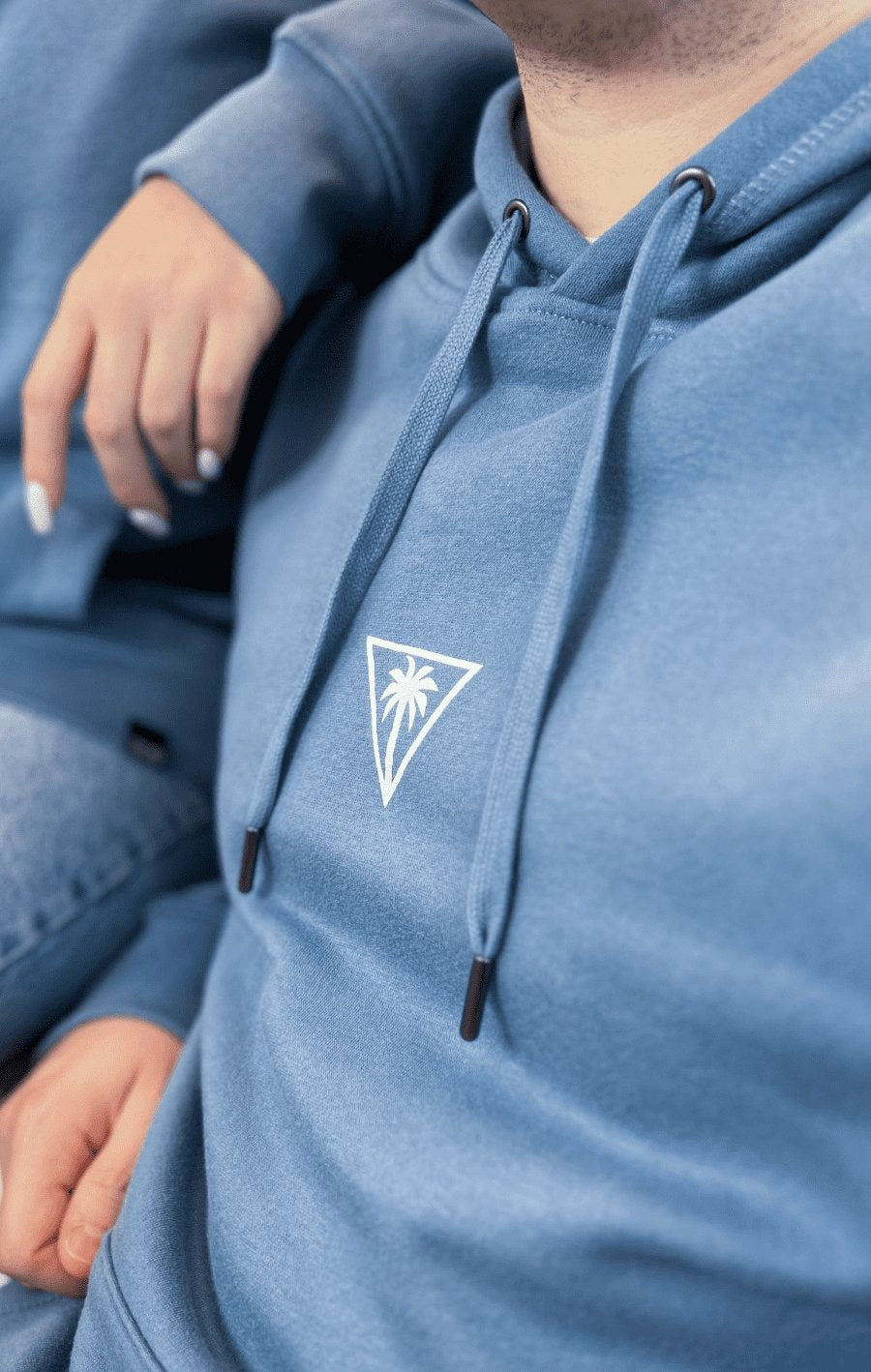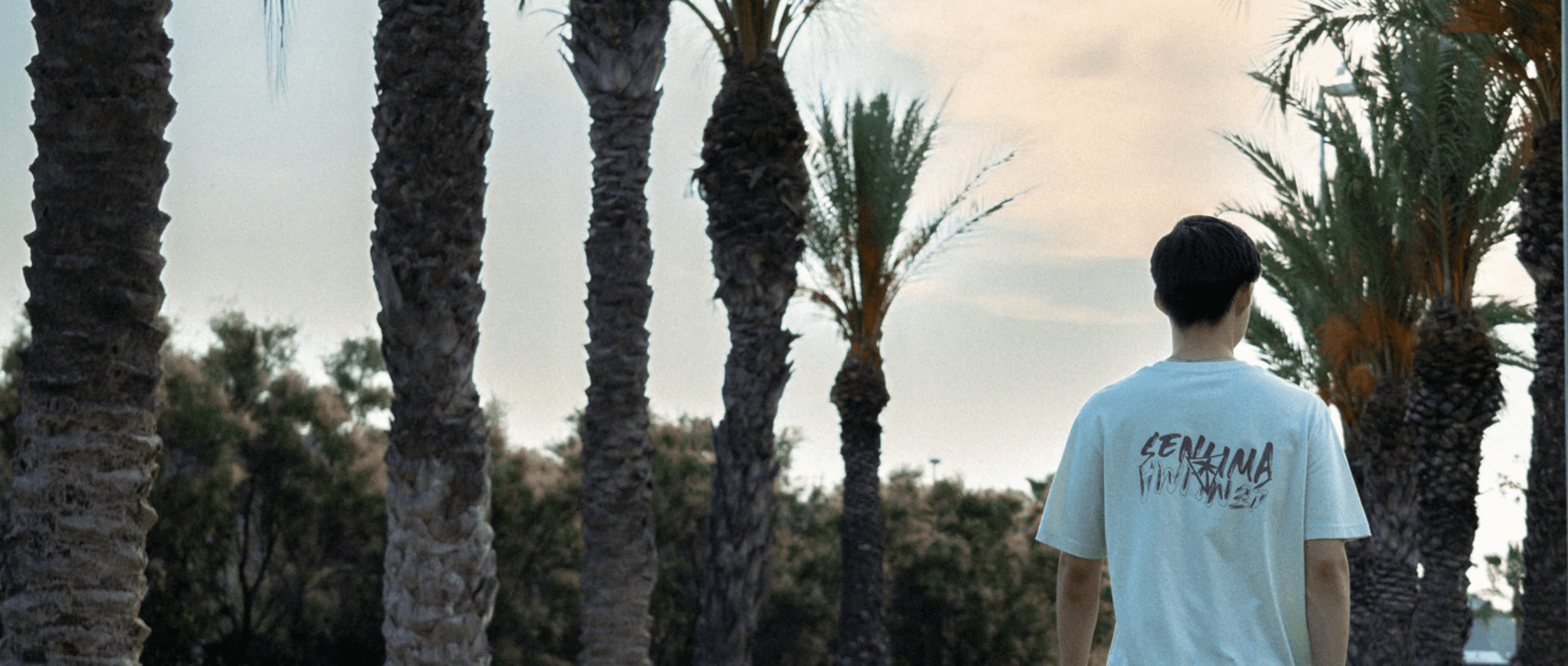
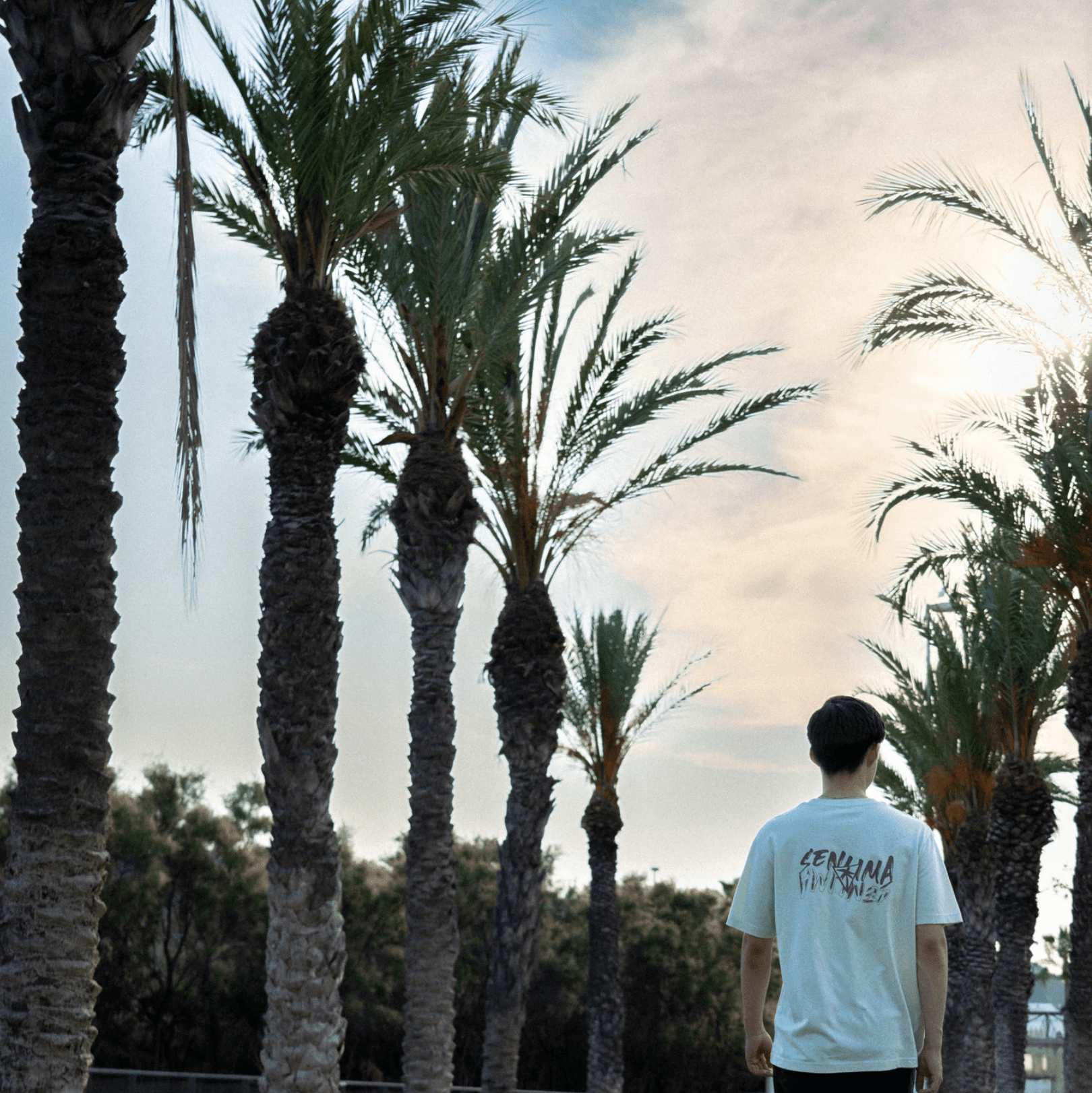
SOCIAL AND ENVIRONMENTAL IMPACT
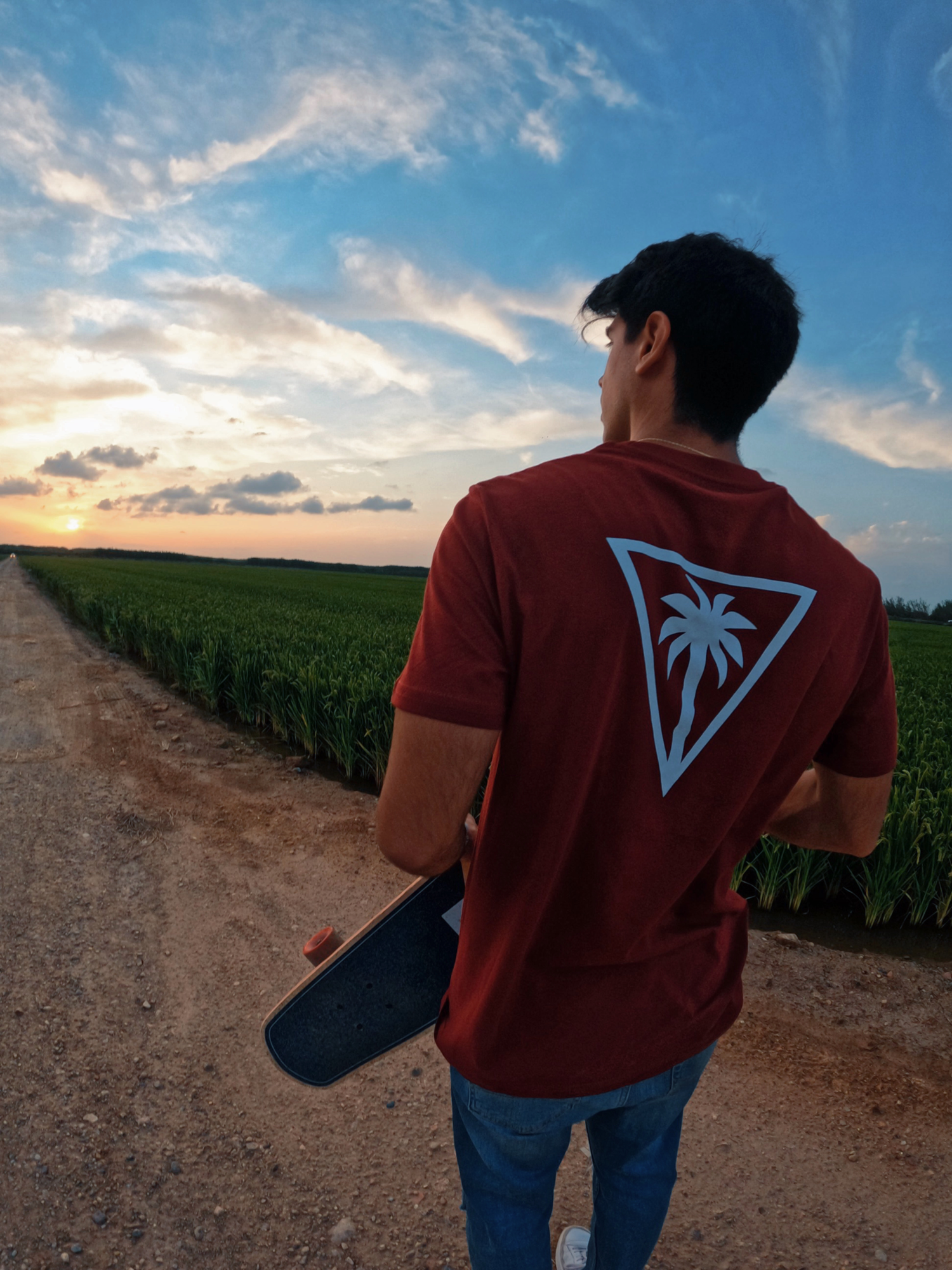
PURPOSE
CHALLENGE THE ORDINARY TO BUILD A BETTER WORLD
At Senlima we want to motivate new generations to break their limits, whatever the field, because we believe that a society with brave people, determined to open their minds and challenge the ordinary will be what leads us to build a better world, with opportunities. real for everyone.
For us, the so-called "disability" is, in most cases, an imaginary barrier that we have not yet overcome as a society, but we are convinced that by showing what we are capable of doing at Senlima, we can help change the world.
Therefore, our main commitment and the purpose with which we were born is to manufacture excellent quality products, involving in the design and production people at risk of social exclusion or with some type of functional diversity, placing special emphasis on intellectual disabilities because they are who experience greater difficulties finding employment in today's society.
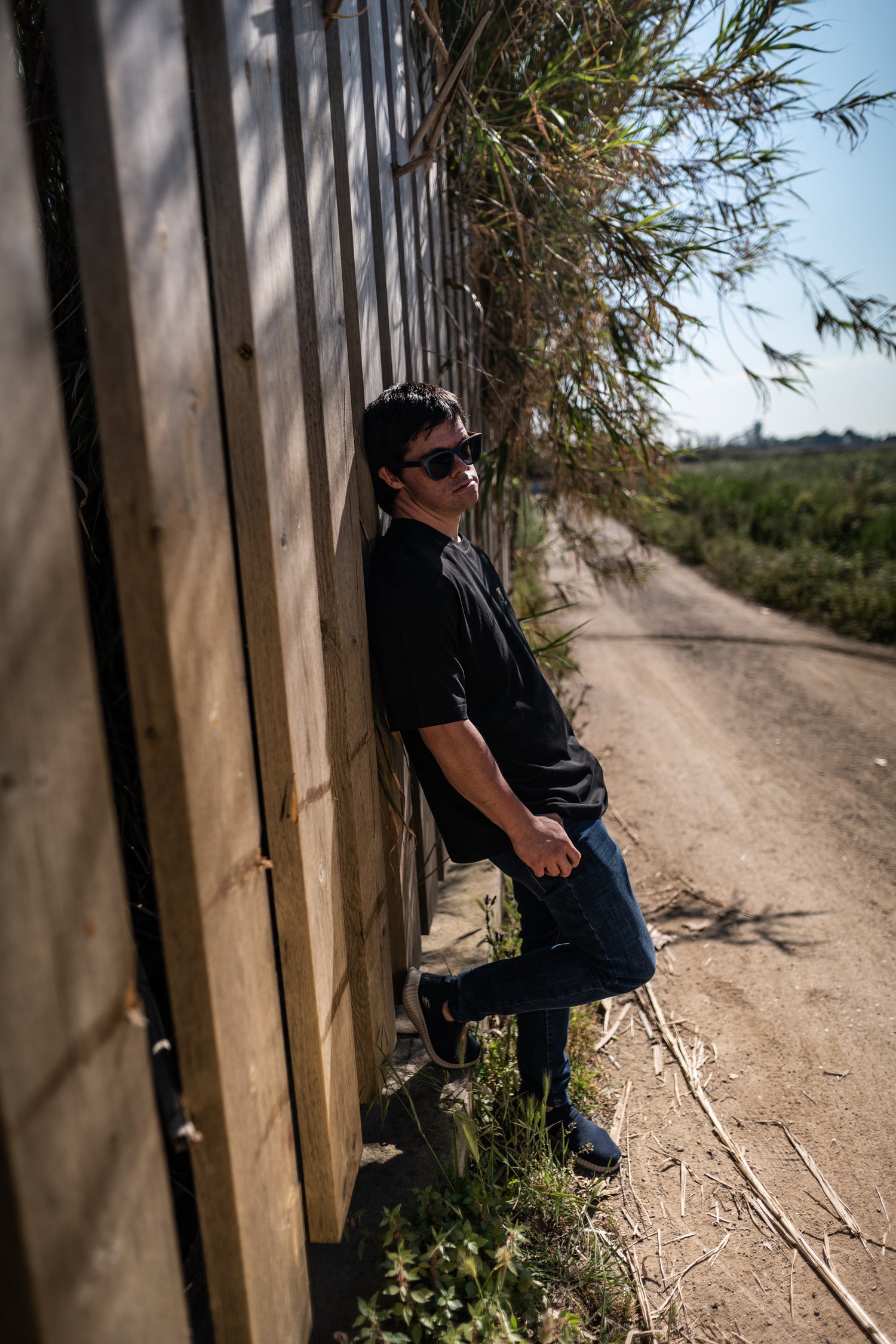
SOCIAL, NOT CHARITABLE
A LONG-TERM SELF-SUSTAINABLE PROJECT
Although we are faithful defenders of the role of foundations in society, in most cases, they only manage to temporarily alleviate the problems they face, so they are usually only a bridge towards the search for a solution.
Our model is based on going one step further, creating a long-term self-sustaining project. We seek the real integration of these people into society through decent work in which they can fully develop their capabilities, with the responsibilities and complexities of any other person's work.
Thus, we work hand in hand with various associations to use the bridges they have built to create real employment opportunities and real integration and normalization of people with intellectual disabilities in the world of work.

SUSTAINABILITY
COMMITTED TO QUALITY AND DURABILITY
At Senlima we are committed to the use of environmentally responsible materials (organic cotton, recycled polyester, lyocell, linen, etc.), with the aim of generating a positive environmental impact by reducing the demand for natural resources and minimizing soil pollution. and of water. Organic cotton crops require less water than conventional cotton and do not use harmful pesticides or fertilizers. This helps conserve natural resources, protect soil fertility and reduce pollution of waterways, thus contributing to a healthier and more sustainable environment.
But beyond always trying to work with the most ecological materials possible, we focus on durability and quality to minimize the generation of waste after use. By creating more durable products, we avoid the need for mass production whose sole purpose is to increase profit margins, without taking into account the environmental and social cost.
We also design our packaging so that it can be reused and/or recycled and thus have a purpose beyond a good presentation. In addition, we reuse the waste from our productions to generate new products, such as the leftover rubber from our sandals to make keychains.

SLOW FASHION
LIMITED AND TIMELESS PRODUCTIONS
One of the great challenges of sustainability is to avoid uncontrolled growth that compromises the future of our society.
At Senlima we do not believe in fads or large discounts, as we believe that they encourage unsustainable consumerism that can only be supplied through mass production. To move away from these trends, our productions are limited and timeless, betting on manufacturing based on real costs that translate into a fair price and for which consumers are willing to buy our products at any time of the year, without the need for large discounts.
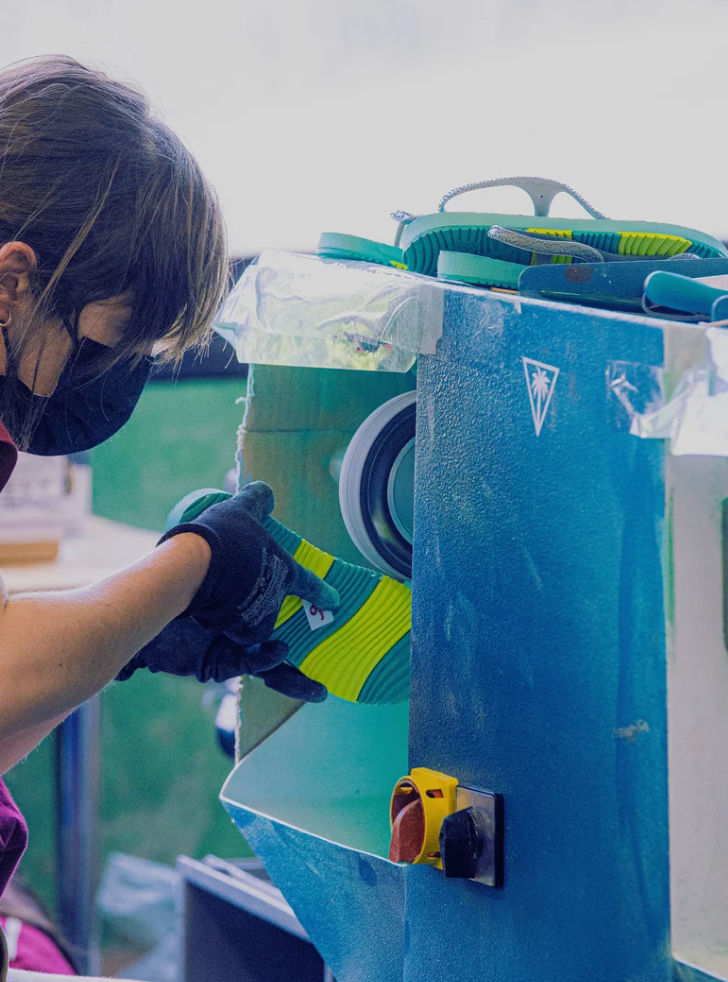
LOCAL PRODUCTION
MINIMIZE TRANSPORTATION POLLUTION
Currently, the majority of our production is local and we are committed to maintaining this priority wherever possible. Unfortunately, not all production processes can always be completely local, as this also depends on the resources available at the manufacturing site.
However, we are convinced that a product is more sustainable to the extent that it is more local, since we avoid the pollution that its transportation entails. What sense would it make to manufacture soles based on sustainable bamboo thousands of kilometers away if in our region we can manufacture similar products with excellent quality, controlling the conditions of our workers and optimizing the waste generated?
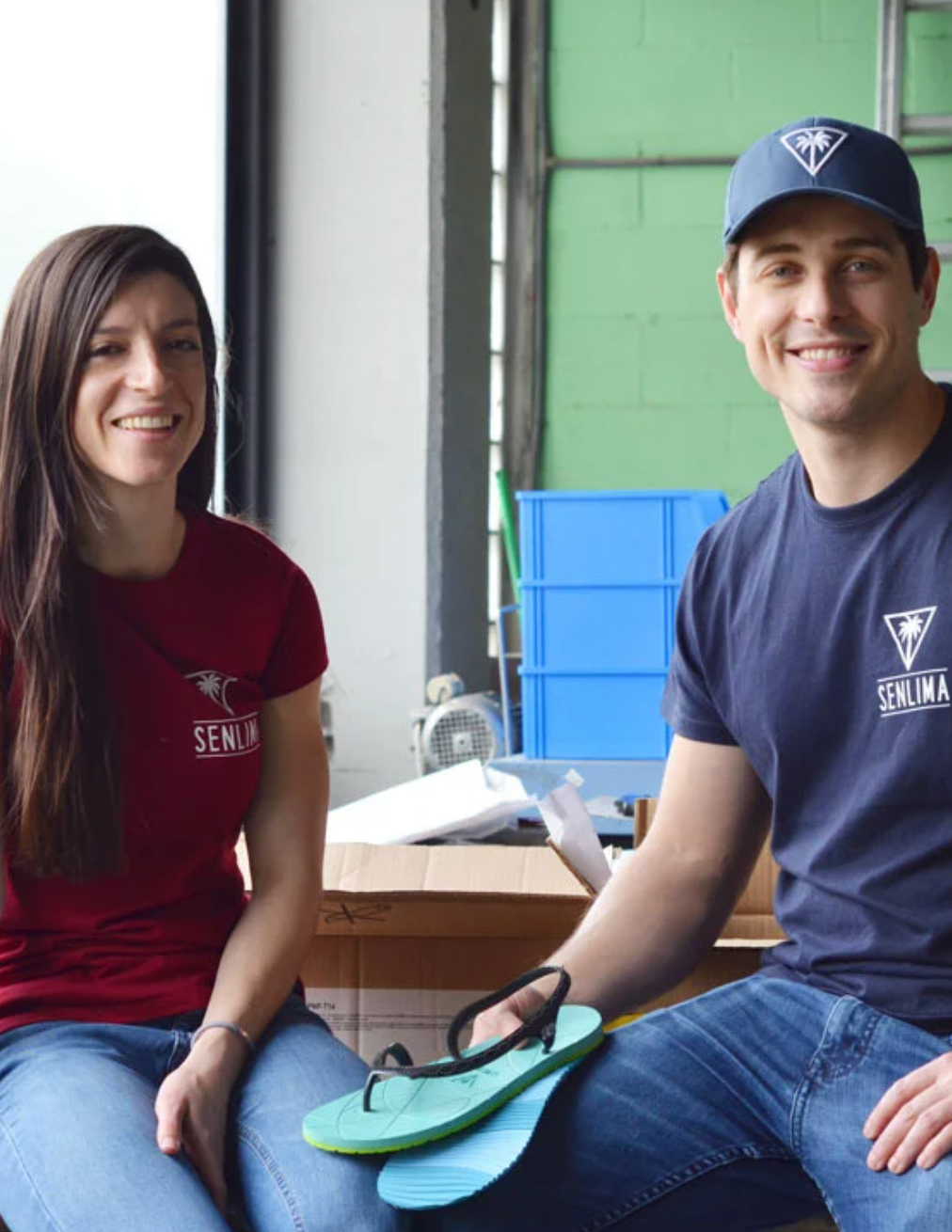
TRANSPARENCY
NEITHER GREEN-WASHING, NOR SOCIAL-WASHING
The most important thing for a project to be truly sustainable is that it be transparent. The trust placed in us can never be based on information deliberately omitted to improve our image. Only in this way can we continue to evolve based on our values.
We have collaborated with +10 foundations giving job opportunities to people at risk of social exclusion in Barcelona
EMPOWERING THE COMMUNITY
Our team is made up of people from diverse backgrounds, including people with intellectual disabilities.
INCLUSIVE TEMPLATE
More than 75% of the materials we manufacture come from environmentally friendly and ethically responsible suppliers, reducing our environmental impact.
SUSTAINABILITY
Our original designs are universally accessible, making fashion more inclusive and accessible to everyone, including groups with disabilities.
